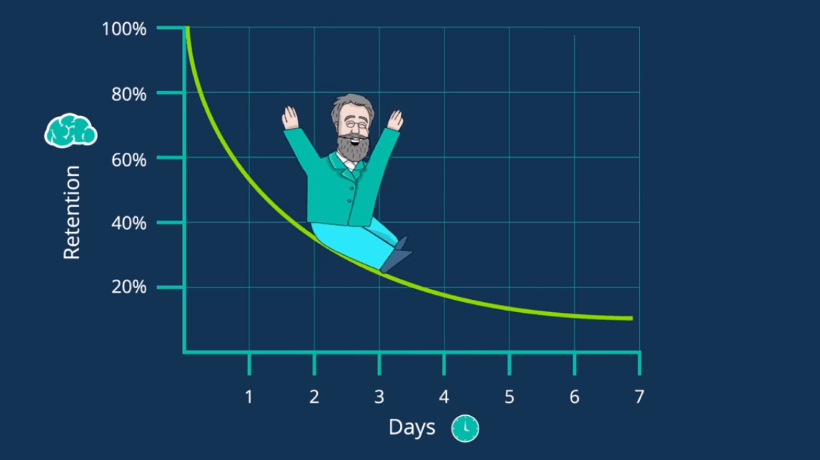By Nassim Hariss Year 10
It is safe to say that throughout our academic years, we have all learnt how to study in a more efficient way. With our teachers backing us up, we have learnt what to improve and how to improve. With exam periods becoming increasingly challenging, learning in the most efficient way possible is key for good results. We interviewed a student, Mark Tamer from Year 11 to help us understand the methods he has found the most effective in terms of learning and revising.
First tip: Do your homework as soon as you get it.
This might seem like an obvious one, but many people do not do this. In general, you should not keep things to the last minute. This will cause disorganization and probably work that will be rushed. Doing your homework on time ensures you have micro revision sessions which will help you retain the information much quicker after your classes.
Second tip: Take care of yourself
Yes, getting your eight hours of sleep is crucial. When sleeping, your body processes all the information you learned that specific day. Sleeping also helps you regenerate body cells or muscle tissue after exercising. But there are other forms of self-care, meditation is one of the best relaxation techniques to exist. He points out that meditation can help you reduce stress, and concentrate better on your daily tasks making it easier to carry on with your assignments.
Third tip: The forgetting curve
This one is for true language-learning enthusiasts. First of all, what is the forgetting curve? It is essentially a curve that indicates at which point you forget information, and therefore, when you should revise. After multiple calculated spaced revision sessions, your brain will retain information for much longer. Tamer has said that using this is especially useful when learning vocabulary for a language class, helping you reach fluency much more quickly and effectively with the help of maths.
Last tip: Having good organization and time management
We hear this all the time, but there is a reason for that. This is one of the most effective learning strategies. Having an agenda, in whichever form you prefer is one of the simplest and most important things to have. It helps with not forgetting due dates, but also gives you an overview of what is required for you to do during the week or month. You can also make yourself checklists. Making one is not as important as having an agenda, but is still a great way to keep track of what you need to do. It also helps you give an order of priority to the different pieces of work that you have to do and how much time should be allocated to each task.
After all, whichever study technique you choose, it just has to help you get things done. Even if the specific tricks Tamer suggested do not suit you, remember that you have to adjust it for yourself. Maybe eight hours of sleep is too much for you, maybe you have other study techniques that work for you, or maybe you simply need to trial and error in order to find the best schedules that lead you to success.



